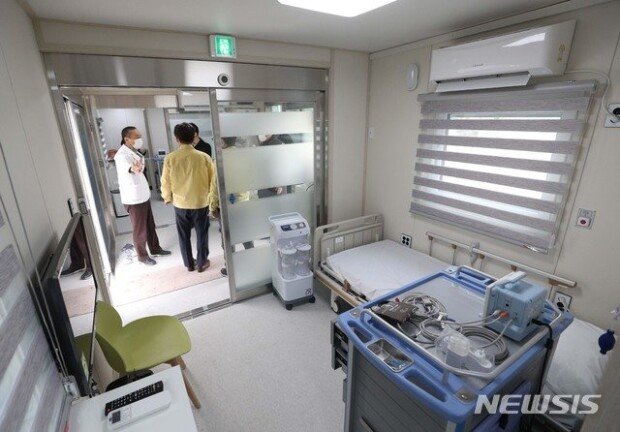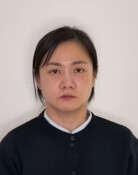77 percent of beds in Seoul are occupied with patients
77 percent of beds in Seoul are occupied with patients
Posted July. 10, 2021 07:42,
Updated July. 10, 2021 07:46

Concerns are rising about a shortage of beds for a growing number of COVID-19 patients. As younger generations show a higher infection rate in the ongoing 4th COVID-19 wave, quarantine facilities for patients with mild symptoms or who are asymptomatic are seeing available beds decreasing in number at a fast pace. There is a growing concern that if beds are not supplied in a timely manner, facilities will reach their saturation levels sooner or later.
Health authorities said on Friday that a total of 39 quarantine facilities operate 6,657 beds nationwide. As late as the end of last month, most of the beds were available. As of June 30, less than half the beds were occupied by patients (48.4 percent). However, the figure went up to 70.3 percent as of 8 p.m. on Thursday because as many as 1,454 newly confirmed COVID-19 infected patients joined the facilities in just eight days. If they are not equipped with additional beds, few beds will be left available 10 days later.
Things are tough on the Seoul metropolitan area where four-fifths of new cases are reported. The operational rate of quarantine facilities in Seoul has gone up to 76.9 percent. Park Yu-mi, a quarantine control official of Seoul City’s Disaster and Safety Countermeasures Headquarters, said, “We opened a COVID-19 care center with 250 hospital beds on Friday. Over the next week, we will increase the number of new beds to 2,000.”
There are still a decent number of available beds for critical patients due to the vaccination of senior citizens. However, if the number of new cases continues to grow, even beds for patients in critical condition will run out, warn experts. When coming down with the Delta plus variant, a highly infectious type first found in India, patients are twice as likely to be hospitalized as those infected with the original COVID-19 strain. Cheon Eun-mi, a pulmonologist at Ewha Womans University Mokdong Hospital, expressed concern that general medical centers are not able to increase the number of beds dedicated to patients with infectious disease in a short period of time unlike COVID-19-exclusive care centers.
In response, some argue that the government should consider allowing patients with mild symptoms or who are asymptomatic to stay in self-quarantine because severe patients may not be able to be hospitalized for care if beds are already allocated to the less critical. However, it is not easy to make it happen. Professor Eom Joong-sik of Gacheon University Gil Medical Center says, “Letting patients stay home for the sake of care does not mean that there is no medical intervention at all. Although they are home, medical staffs need to take care of them systematically,” adding that such a system cannot be put in place overnight in an emergency situation.
easy@donga.com




![[단독]통일교 ‘한학자 보고문건’에 ‘전재수’ 최소 7번 등장](https://dimg.donga.com/c/138/175/90/1/wps/NEWS/IMAGE/2025/12/22/133015670.1.jpg)


